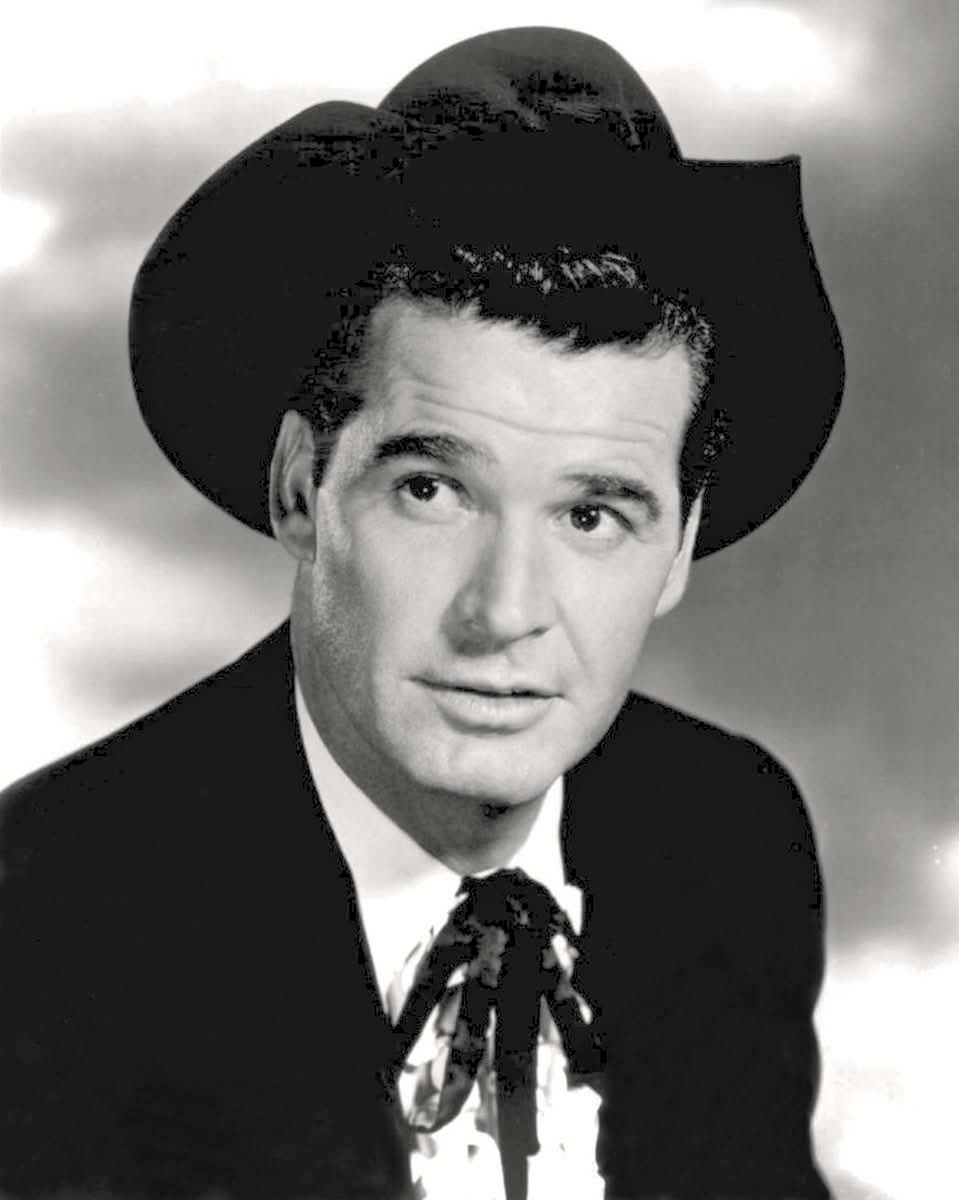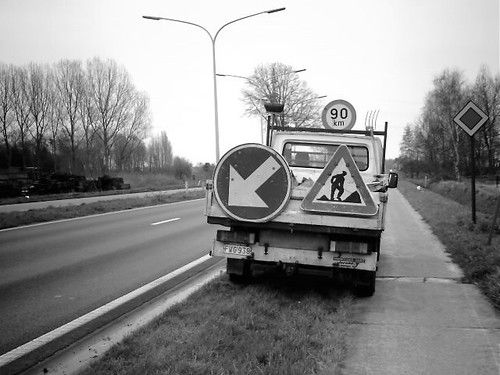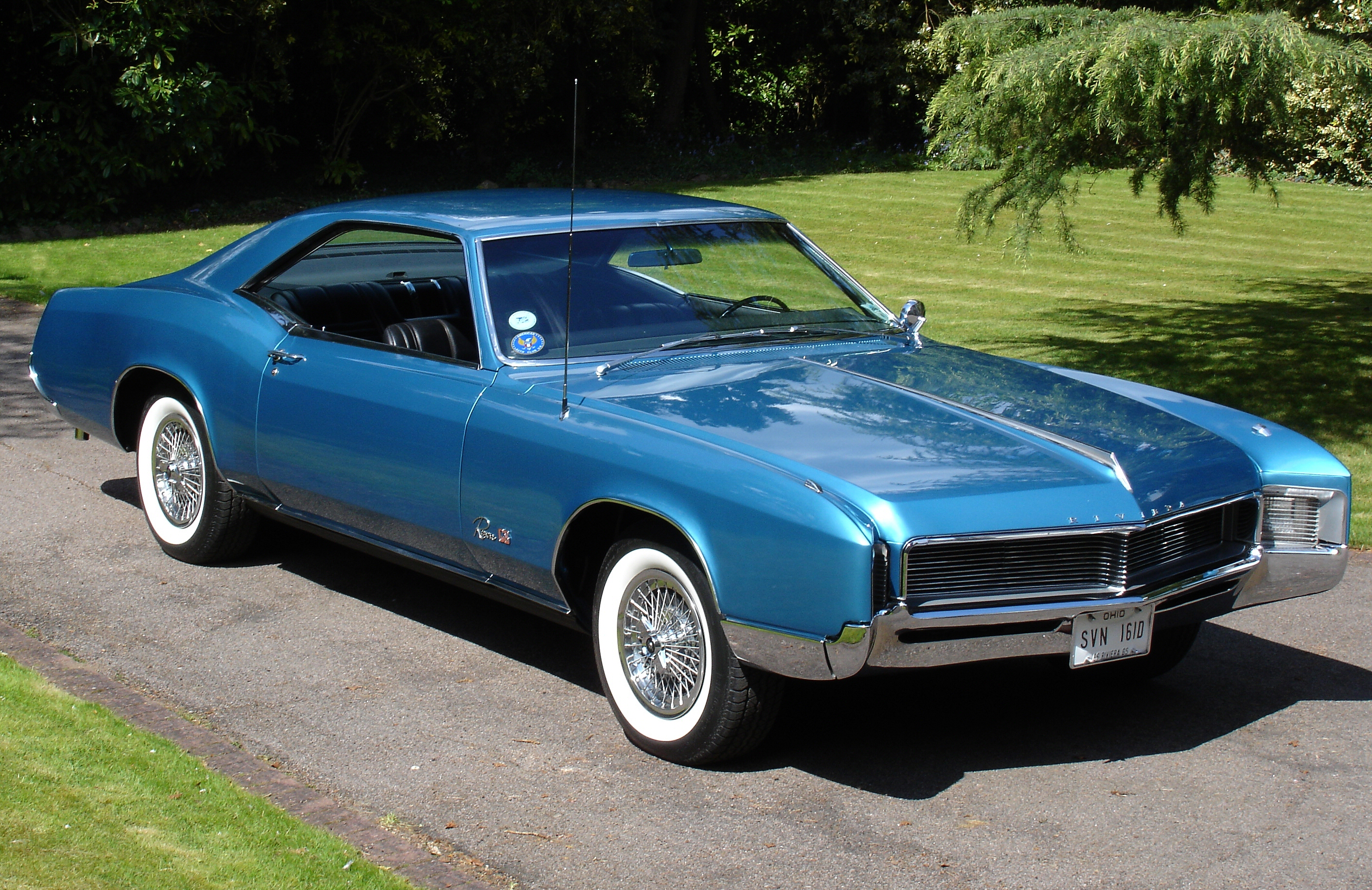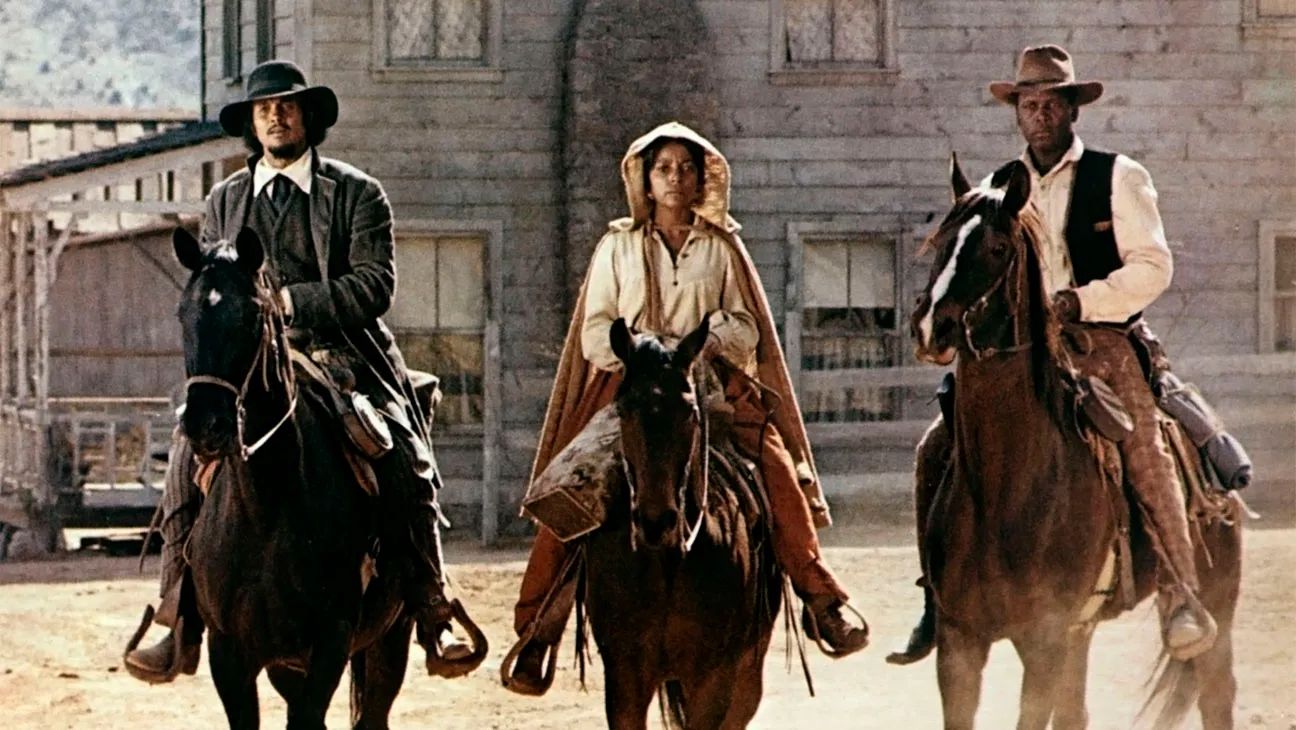
Hold onto your hats, folks, because we’re about to take a wild ride back to the rugged, untamed frontier of television! Western TV never truly vanished from our screens; it simply took a brief breather, stubbornly holding its ground while other genres came and went. For countless years, these incredible shows brought us those quintessential quiet men, the ones who fearlessly stepped into the street to settle disputes when all others hesitated. They weren’t just characters; they were the very fabric of the Old West, defining an entire generation of storytelling and shaping our perception of heroism and justice.
You could practically read the soul of the man you were watching by the simple, powerful way he pushed open a saloon door or patiently waited on a porch as the sun dipped below the horizon, painting the sky in fiery hues. These weren’t merely actors donning a dusty hat and gracefully riding a horse for a camera; oh no, they transformed into individuals so believable, you’d swear they’d risk absolutely everything for a town that might never even offer a word of thanks. They embodied the spirit of the West, becoming more than just performers; they became living legends.
Some of these magnificent actors appeared clean-cut, yet their eyes told stories of countless bad days endured, hinting at a hidden grit. Others might have looked a bit rough around the edges, but carried a profound calm that instantly communicated their wisdom in the face of trouble. Every single TV actor on our list poured their heart and soul into their part, as if each episode mattered more than life itself. They never rushed their performances, instead lingering long enough for audiences to truly feel like they knew them. Western TV endures because you simply cannot fake a good cowboy; you either stand tall and stay in the collective memory, or you ride out, and you’re quickly forgotten. These exceptional TV men stayed, grew, and became larger than any single show they graced.
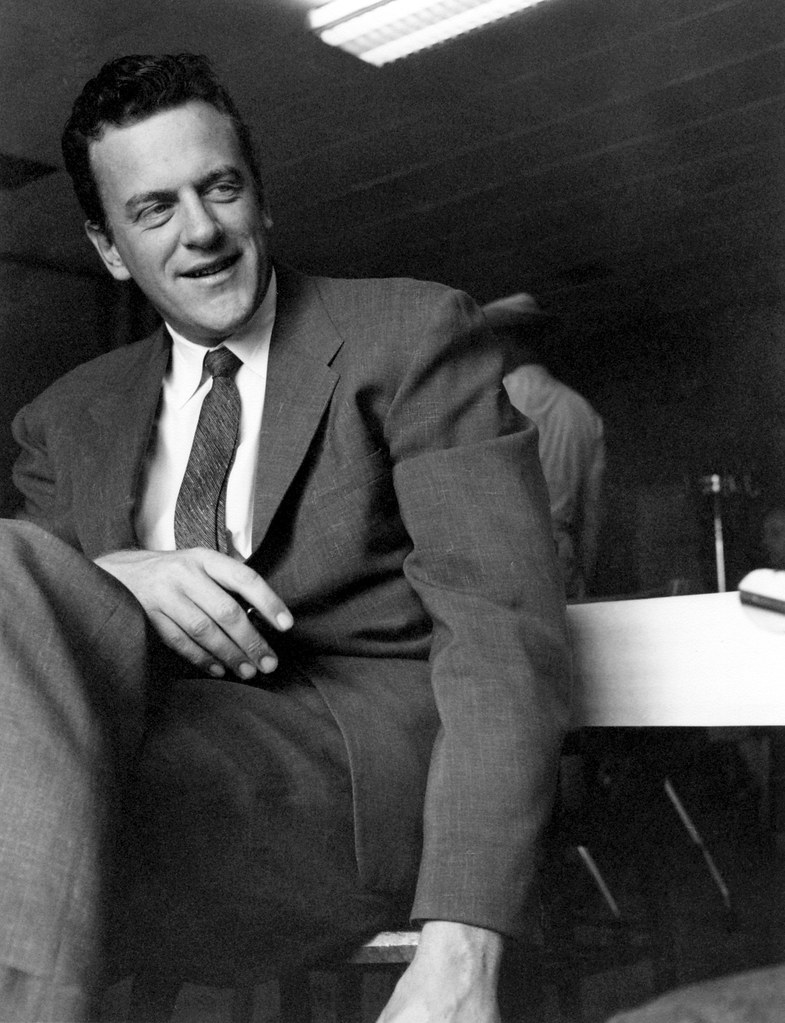
1. **James Arness — Gunsmoke**:Get ready to talk about a true titan of the West! James Arness was an absolute pillar of strength and justice as Marshal Matt Dillon, a role he inhabited with unwavering dedication on TV for an astonishing two decades. Just imagine, twenty years in that saddle, bringing law and order to Dodge City! He possessed the kind of imposing presence that made you believe he wouldn’t even flinch if a gunshot erupted right at his feet. His sheer stature and calm demeanor were enough to keep even the most hardened outlaws perpetually on edge, demonstrating a power that went beyond mere physical strength.
What made Arness’s portrayal so utterly captivating was his profound understanding that sometimes, silence speaks volumes. He rarely needed a lengthy, dramatic speech; a single, penetrating look from Marshal Dillon was often more than enough to convey his message, his authority, and his unwavering resolve. This master of subtlety made people flock to *Gunsmoke* because his Dillon felt incredibly real, grounding the show in an authenticity that many other Westerns lacked. He wasn’t just playing a character; he *was* the law, the steadfast anchor of a community on the edge of chaos.
Arness wasn’t just an actor; he was the glue that held Dodge City together, constantly battling against the encroaching forces of chaos and lawlessness. His calm voice, paired with that towering height, created an aura of unshakeable authority that permeated every scene. By allowing silence to do so much of the heavy lifting in his performances, Arness elevated Marshal Dillon far beyond a simple badge-wearing lawman, transforming him into an iconic symbol of justice that continues to resonate with fans to this day. His legacy is etched deep into the history of television Westerns.
Read more about: Beyond the Red Carpet: 14 Celebrities Who Braved the Battlefield in Real Life
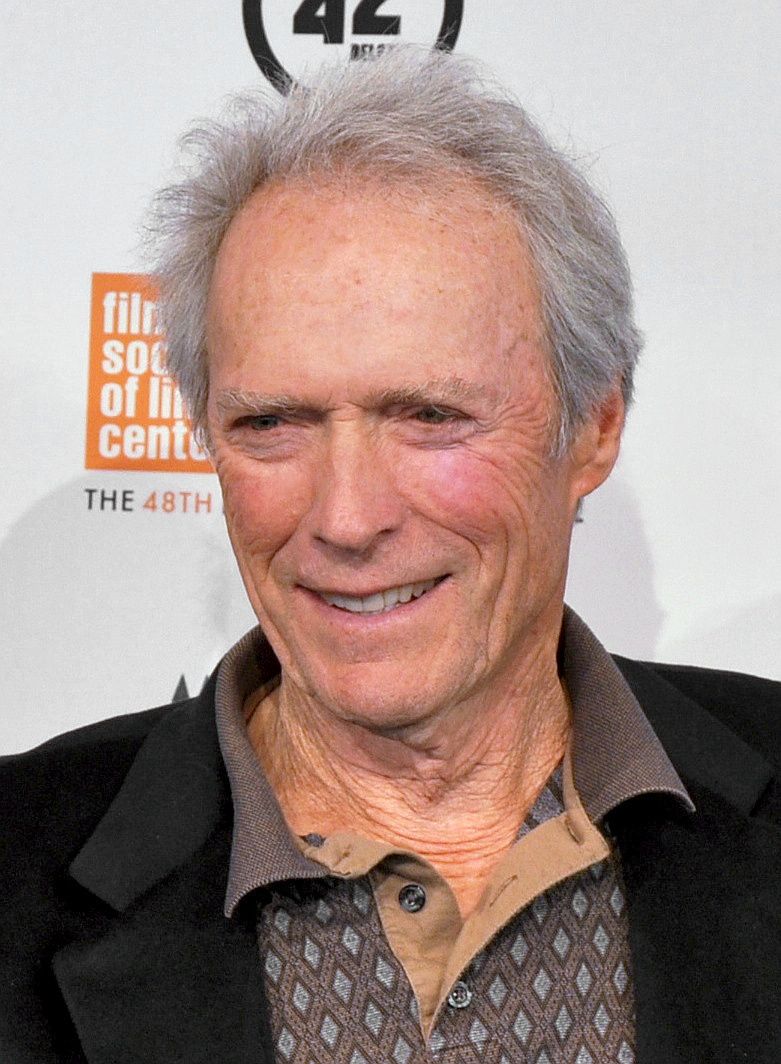
2. **Clint Eastwood — Rawhide**:Before he became the legendary poncho-wearing, squinty-eyed icon of the big screen, Clint Eastwood was already blazing trails and pushing cattle across the roughest country imaginable as Rowdy Yates on TV’s *Rawhide*. This was the ultimate proving ground for a young cowboy, a role that demanded he not only face down relentless dust storms but also stand up to demanding, hard-nosed bosses. Even then, Eastwood had that unmistakable intensity, always looking like he was just about ready to throw the first punch if someone dared to talk a little too much, capturing our attention with every glance.
Rowdy Yates was no stranger to butting heads, especially with the formidable trail boss Gil Favor, and these clashes injected an exhilarating sense of risk and unpredictability into every single cattle drive. It wasn’t just about moving livestock; it was about the simmering tension and the clash of strong wills. Eastwood’s signature glare, combined with his restless, almost coiled energy, was the very force that held the line on those incredibly long and perilous trails, embodying the relentless spirit required to survive and thrive in the unforgiving West.
*Rawhide* provided the perfect canvas for Eastwood to demonstrate his innate ability to handle any curveball or bad turn the untamed West could throw at him. It was here, in the saddle of Rowdy Yates, that he honed the steely gaze and rugged individualism that would later define his most famous cinematic roles. This early television work wasn’t just a stepping stone; it was a foundational period where he crafted the essential elements of the legendary persona that would become synonymous with the Western genre.
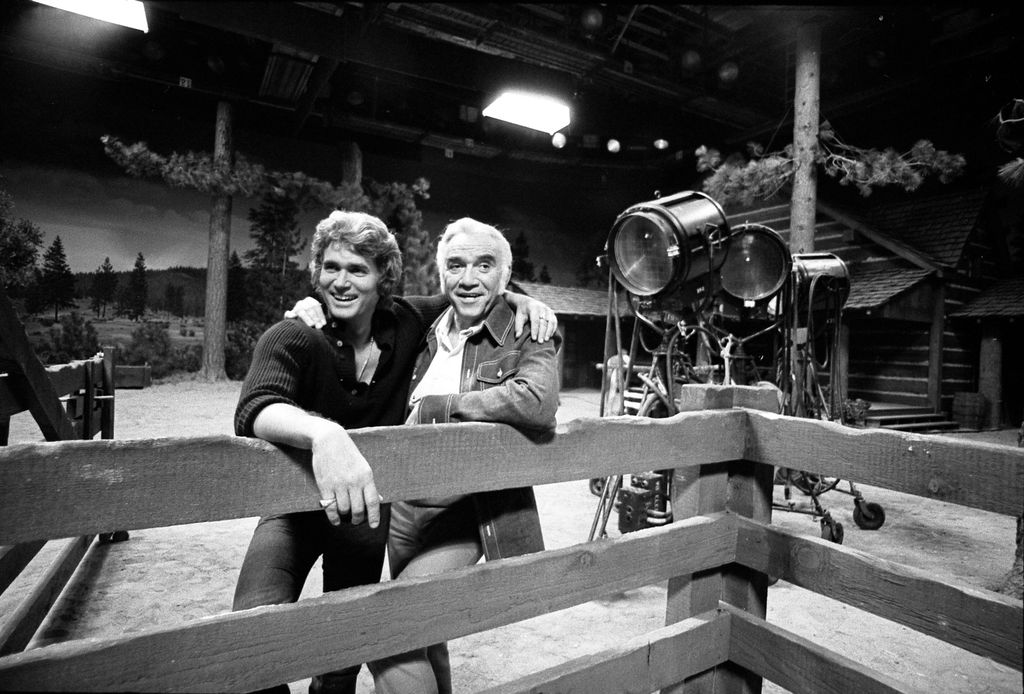
3. **Lorne Greene — Bonanza**:Lorne Greene didn’t just step into Ben Cartwright’s boots; he *became* the very foundation of the Ponderosa, holding that iconic ranch firmly in his grasp and never letting it slip through his fingers. As the patriarch of the Cartwright family on *Bonanza*, Greene embodied a strength that was both physical and deeply moral, making the father figure truly unyielding, especially when his spirited sons inevitably brought trouble home. His presence was comforting yet commanding, a true anchor for the family and for the millions watching at home.
Greene’s incredibly deep, resonant voice felt like the very earth beneath the Ponderosa itself – solid, grounded, and utterly dependable. He possessed that rare wisdom to know precisely when to stand tall and stare down a gun-toting adversary, and when to simply sit quietly at the dinner table, gently but firmly reminding his family of the core values that truly mattered. It was a balance of force and gentle guidance that made him an unforgettable leader, a figure we could all look up to.
*Bonanza* maintained its freshness and timeless appeal precisely because Greene’s Ben Cartwright never, ever cracked under pressure. He was the unwavering rock in a world that was constantly shifting and challenging. People tuned in week after week because they implicitly trusted that steady hand, confident that it would always keep the Cartwrights united and strong, no matter what perils the frontier presented. His portrayal created a patriarch who wasn’t just admired but deeply relied upon by his fictional family and his devoted audience alike.
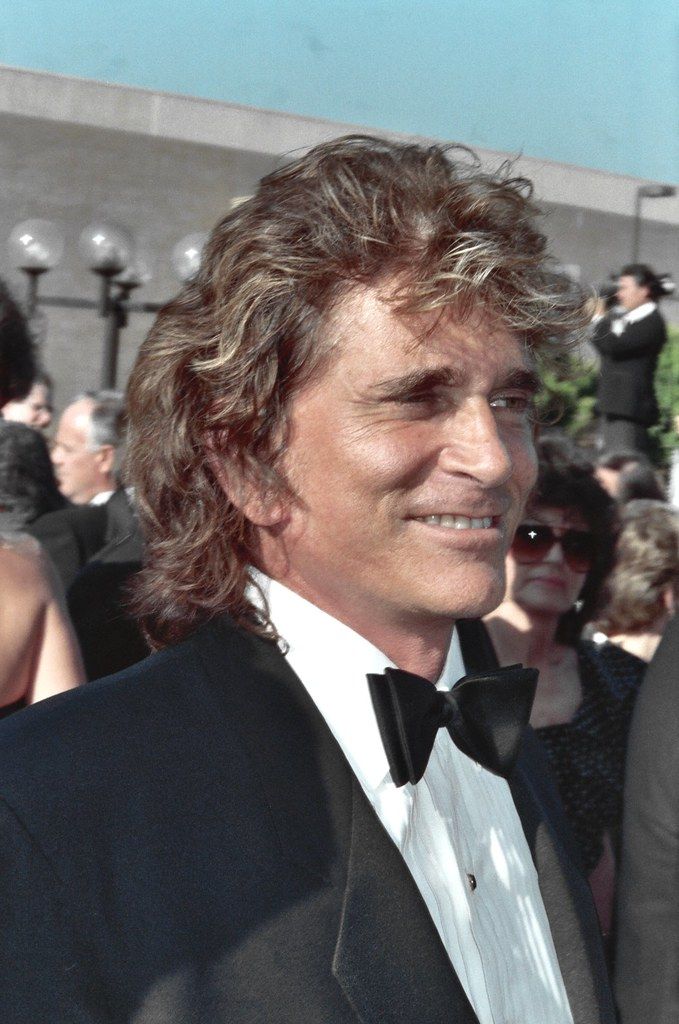
4. **Michael Landon — Bonanza, Little House on the Prairie**:Michael Landon was a force of nature who brought an undeniable fire to his portrayal of Little Joe on *Bonanza*, and then carried that intense spark seamlessly into his role as Charles Ingalls on *Little House on the Prairie*. As Little Joe, he perfectly captured the essence of the fiery kid brother, always quick to swing first in a brawl, but crucially, never one to back down or run when fists inevitably flew back his way. He was spirited, passionate, and fiercely loyal, instantly endearing him to audiences.
Transitioning from the saloon brawls of *Bonanza* to the sturdy barn walls of *Little House on the Prairie*, Landon revealed an incredible range. As Charles Ingalls, he masterfully showcased that frontier life, while undoubtedly rough and challenging, could also be inherently fair, imbued with a deep sense of honesty and purpose. He depicted the resilience and moral fortitude required to build a life in a tough new world, a testament to the human spirit that resonated deeply with viewers.
Landon’s genius extended far beyond his captivating performances. He did more than just act on TV; he also took the director’s chair, actively shaping *Little House on the Prairie* to beautifully illustrate how relentless hard work and unwavering love could forge and maintain a steady, unbreakable family unit. He was a storyteller in every sense, determined to keep the spirit of the West honest by demonstrating that the warmth and strength found within homes were just as rugged and enduring as the untamed trails themselves. His vision brought a profound authenticity to both his characters and the stories he told.
Read more about: When Heroes Fall: 12 Celebrities We’ve Glorified Who Had a Darker Side
5. **James Garner — Maverick**:Prepare to meet a cowboy who redefined cool! James Garner played Bret Maverick with an irresistible charm, like a man who instinctively knew that not every fight was worth the inevitable bruise. He’d saunter into trouble, not with a quick-draw, but with a wry grin that silently promised he could outsmart his way out of any predicament, buying time until dawn if he had to. This wasn’t your typical stoic hero; this was a quick-witted charmer who used his brain as much as, if not more than, his brawn.
Garner’s Maverick was a master of evasion and cunning, opting to hold back bullets and rely on a clever trick to win the pot instead of engaging in a bloody shootout. People absolutely adored and laughed along with Bret because he felt like a refreshing, unconventional cowboy, the kind who’d casually read the rules of engagement only to nonchalantly fold them into his coat pocket, ready to improvise. He brought a delightful, often hilarious, subversion to the traditional Western archetype, making him incredibly relatable and endlessly entertaining.
*Maverick* single-handedly carved out a much-needed space for Westerns that didn’t demand a dramatic high noon showdown in every single episode. It proved that the genre could be just as thrilling, if not more so, with wit, humor, and a dash of roguish charm. Garner made slyness feel genuinely brave, imbuing Bret with a courage that wasn’t about brute force but about intelligence and ingenuity, thereby giving the entire Western genre a fresh, vibrant, and utterly charming new face on television. He truly changed the game!”
, “_words_section1”: “1948
Now, let’s saddle up again, folks, because our wild ride through the legendary plains of Western television is far from over! We’re diving deep into the distinctive contributions and memorable roles of the next five iconic stars who didn’t just play cowboys – they *became* them, carving out enduring legacies that continue to shape how we see the American West on our screens. Get ready to tip your hats to some serious legends!
Read more about: Beyond the Red Carpet: 14 Celebrities Who Braved the Battlefield in Real Life
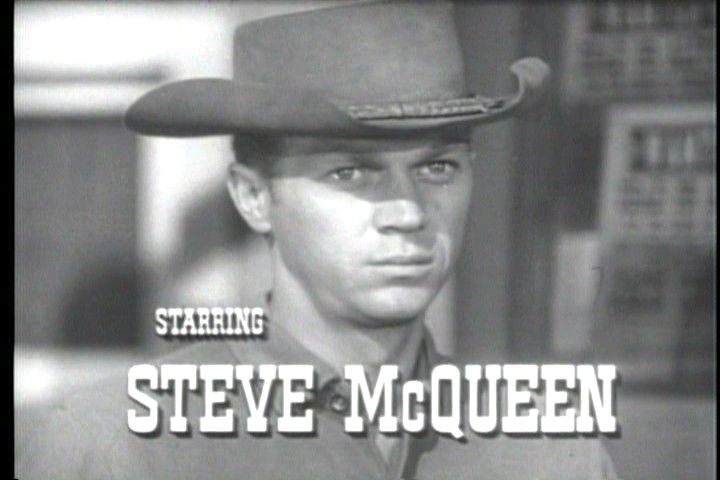
6. **Steve McQueen — Wanted: Dead or Alive**: Strap on your sidearm and prepare to meet the effortlessly cool Steve McQueen, who blazed a trail across television screens as Josh Randall in “Wanted: Dead or Alive”! This man, truly the “King of Cool,” strapped that distinctive short rifle on his hip and brought a whole new level of magnetism to the bounty hunter archetype. He wasn’t just some actor reciting lines; McQueen immersed himself in the role, presenting a character who talked low but, when it came down to it, shot straight and with unwavering resolve. His portrayal redefined what a TV Western hero could be: a man of few words, but immense presence and undeniable conviction.
What made McQueen’s performance so utterly captivating was his profound ability to convey deep internal struggle without needing pages of dialogue. He never, for a second, acted like a mere hired gun with nothing going on beneath the surface; instead, he looked like a man carrying the heavy, unspoken weight of every difficult job, every moral dilemma, every life-or-death encounter on the rugged frontier. You could practically feel the grit and the toll the West took on him, adding incredible layers of humanity and profound depth to Josh Randall, moving him far beyond a simple action figure and into the realm of a truly complex antihero. This quiet intensity, this ability to let his eyes and his tight jaw speak volumes, was a hallmark of his enduring appeal.
That iconic cut-down Winchester, almost an extension of Randall himself, is as vividly remembered by fans as McQueen’s famously determined expression. His calm, almost unnervingly stoic approach to hunting down trouble truly set him apart from the more boisterous or overtly heroic Western figures of the era. “Wanted: Dead or Alive” wasn’t just a show about chasing criminals; it was a deeper, more introspective exploration, vividly illustrating what the relentless, unforgiving nature of the bounty hunter’s life did to a man’s very bones and soul. This trailblazing TV role, brimming with McQueen’s raw, magnetic charisma, was a crucial, early indicator of his immense screen potential, firmly catching the attention of major Hollywood studios and catapulting him towards a legendary career that would span both television and film. He wasn’t just a cowboy; he was a phenomenon who redefined cool for generations!
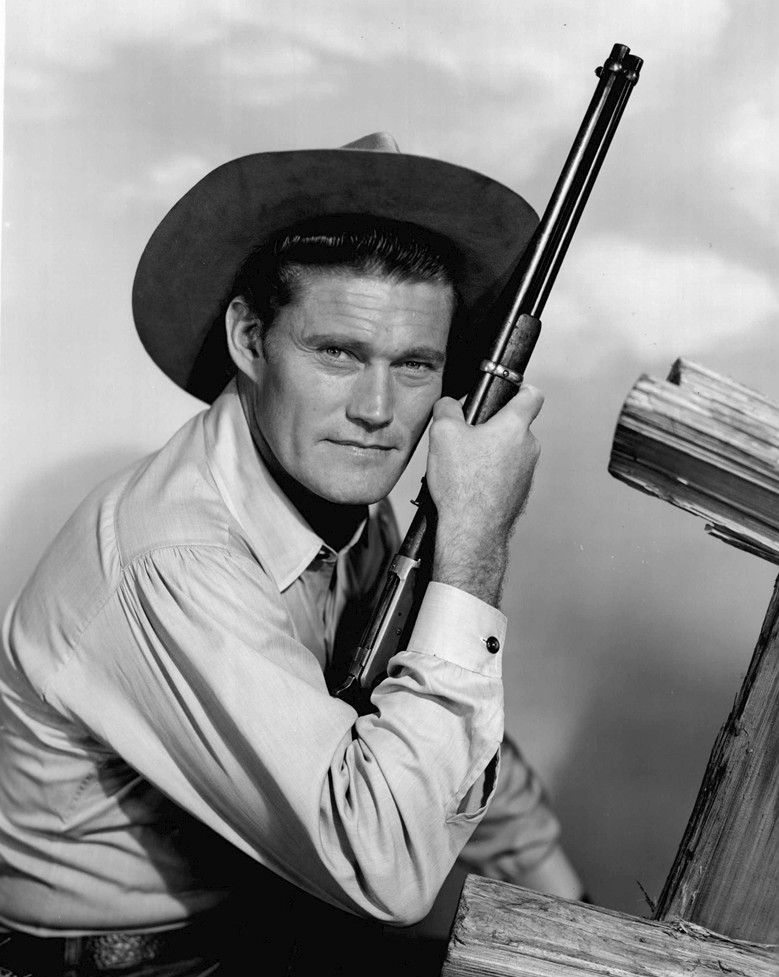
7. **Chuck Connors — The Rifleman**: Next up, let’s give a thunderous applause to a man who epitomized strength, integrity, and unwavering paternal devotion: Chuck Connors as Lucas McCain in “The Rifleman”! This groundbreaking series masterfully blended the thrilling action of the Wild West with the deep, enduring bonds of family, all centered around Connors’ powerful, nuanced portrayal. He played Lucas McCain, not just as a sharpshooter, but fundamentally as a father first, a man who worked his sprawling farm with one eye constantly on the fertile land and the other, ever-vigilant, on that trusty rifle always within reach above his door. When bad men dared to threaten his home or his beloved son, Mark, you could bet your last silver dollar that Lucas McCain never, ever missed twice. His speed and accuracy with that custom Winchester were legendary, making him a formidable protector.
“The Rifleman” achieved something truly special by expertly mixing those exhilarating, quick-draw gunfights, which were always a highlight, with the slower, more intimate, and deeply meaningful talks by the fireside. This created a rich, authentic tapestry of frontier life that resonated deeply with viewers. Connors’ exceptional talent shone through in his remarkable ability to seamlessly transition from a rugged, unyielding exterior when confronting dangerous adversaries to a gentle, comforting presence when his young boy needed a shoulder to lean on or a word of wisdom. This powerful duality made Lucas McCain incredibly relatable and profoundly admirable, showcasing a hero who was both tough as nails and tender-hearted.
This brilliant and heartfelt portrayal struck a chord with audiences across the nation, making “The Rifleman” an instant classic. Fathers everywhere watched, often seeing reflections of themselves in Lucas McCain – men who strived tirelessly to protect, provide for, and lovingly guide their children through a challenging world, all while upholding a strong moral compass. Sons, in turn, watched because they saw not just a marksman, but a true hero, a strong, honorable, and compassionate figure they could look up to, drawing inspiration from both his courage and his unwavering principles. Through Connors’ indelible performance, “The Rifleman” ingeniously carved out a unique space in television history, proving that a Western hero could be both a fearless protector of the innocent and a deeply loving, guiding parent, leaving an enduring and powerful legacy.
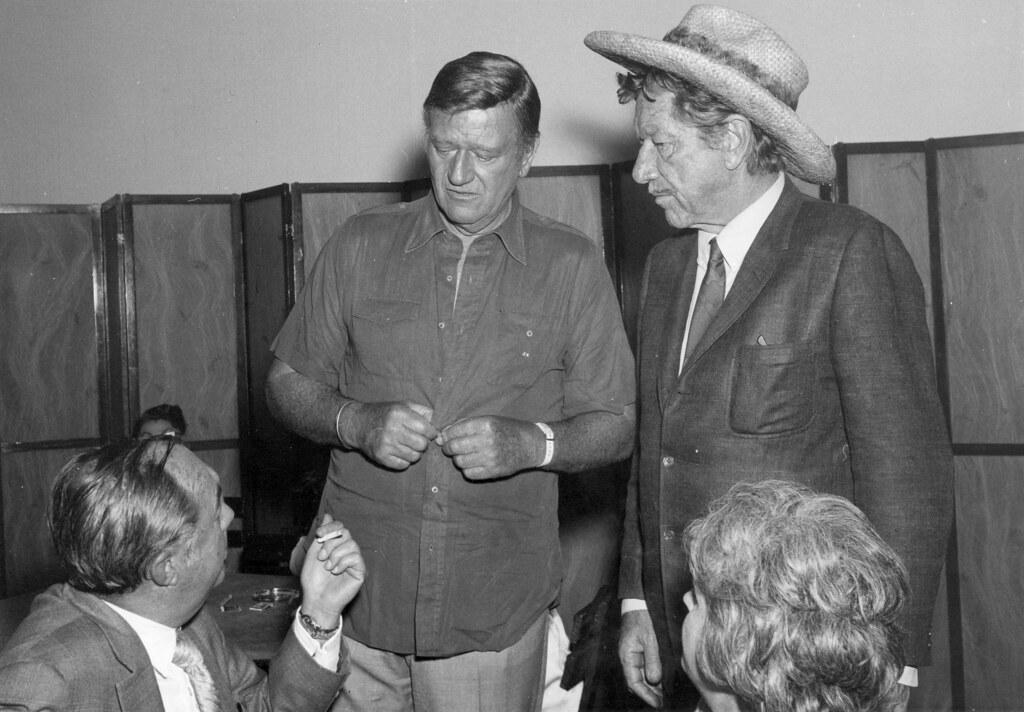
8. **Richard Boone — Have Gun — Will Travel**: Get ready to meet a Western hero unlike any other, folks – the incredibly suave, yet undeniably deadly, Paladin, brought to life with unparalleled sophistication by Richard Boone in “Have Gun — Will Travel”! Boone didn’t just play a character; he *inhabited* Paladin, a man who famously sported a crisp black suit, resided in a luxurious San Francisco hotel, and somehow managed to turn the dangerous business of gun work into an almost refined, philosophical profession. The sheer contrast was brilliant! He might have enjoyed the finer things in life, but make no mistake, when the call for justice or protection came, when the money was right, he never hesitated to step directly into the dirt and danger of the untamed, lawless West. This unique blend of cultured elegance and raw frontier grit was utterly revolutionary for the genre.
Paladin was a master of calculated action, quiet power, and intellectual strategy. He spoke softly, with a distinct, educated cadence that immediately set him apart, always attempting to resolve conflicts with reason and diplomacy first. However, when those soft words and logical appeals simply ceased to work – and in the rough-and-tumble West, they often did – he settled things with cold, hard lead, but always with a controlled, almost surgical precision that was both terrifying and efficient. What’s truly intriguing is that he wasn’t one to brag, boast, or revel in his deeds when he rode back into the civilized confines of San Francisco after a job well done. Instead, he maintained a mysterious silence, allowing people to endlessly wonder and speculate about the incredible feats and moral complexities he had encountered out there, only deepening his enigmatic allure. This understated, cerebral heroism was a refreshing and profound take on the traditional Western archetype.
Richard Boone’s genius truly shone through in his ability to make Paladin a man who read both sophisticated books and the inscrutable hearts of men with equal shrewdness and understanding. This intellectual, yet lethally effective, gunslinger was a fascinating and utterly compelling blend of refinement, moral ambiguity, and raw frontier instinct. “Have Gun — Will Travel” felt so much sharper, so much more intelligent, and so much more thought-provoking precisely because Boone never wasted a single look, a single gesture, or a single word. Every piercing glance, every deliberate pause, every understated line delivery conveyed layers upon layers of meaning, transforming Paladin into one of the most compelling, complex, and enduring figures in the entire history of Western television. He proved, beyond a shadow of a doubt, that a cowboy could be both a scholar and a deadly force, shattering traditional stereotypes and captivating audiences with his unique, unforgettable blend of brains and brawn.
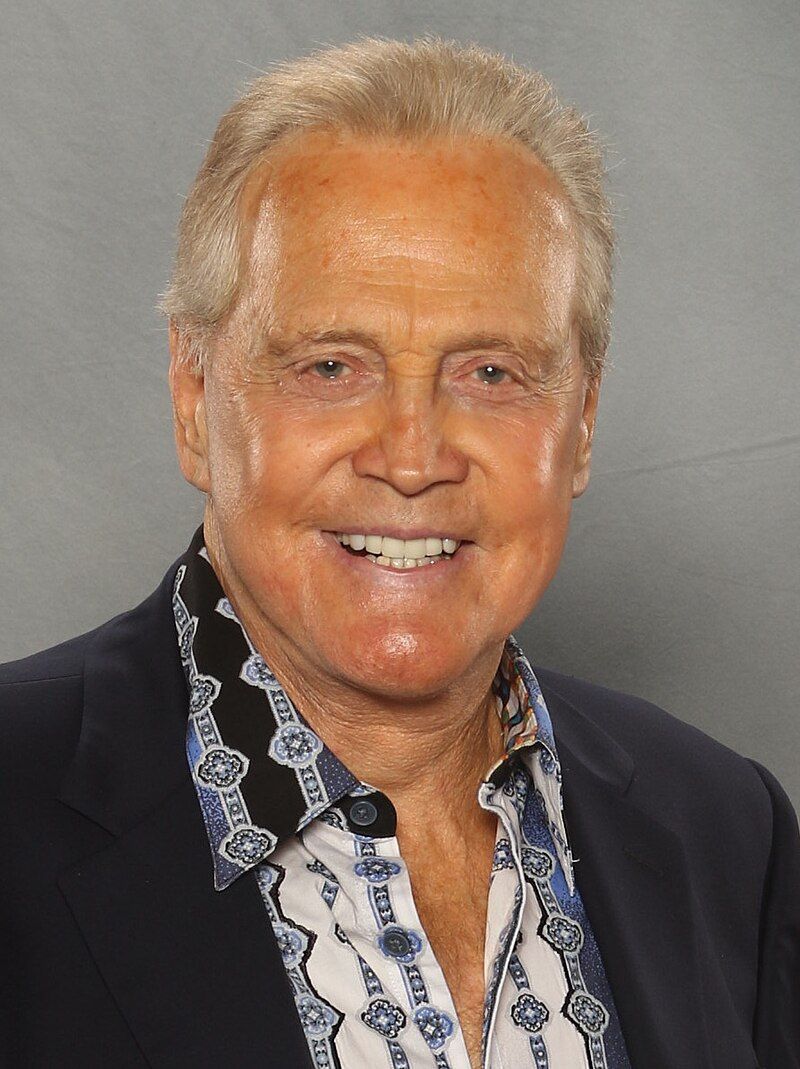
10. **Lee Majors — The Big Valley**: And now, to round out our absolutely stellar list, we have the dashing and dynamic Lee Majors, who made an indelible mark by riding into the formidable Barkley family as the strong-willed Heath in “The Big Valley”! Talk about a character who had to fight for his place from the very first moment. Heath arrived on the scene as the illegitimate son of the late Barkley patriarch, Tom Barkley, and he faced an uphill battle, needing to fiercely claim his rightful share of a respected name and legacy that, initially, did not want to acknowledge him at all. It was an incredibly tough road to acceptance, and Majors played Heath with an undeniable edge, a simmering intensity that captivated viewers from week to week.
Heath was certainly not one to flash a big, easy smile or attempt to schmooze his way into the good graces of the established Barkley siblings, especially when the older brothers, particularly the hot-headed Nick, constantly tested his resolve. Oh no, when push came to shove, when his honor or his claim was challenged, he was quick to swing his fist, often earning a grudging respect and even trust much faster than any diplomatic words ever could. This raw, direct, and often combative approach to earning his rightful place brought a much-needed fiery heat and thrilling unpredictability to a powerful family that, for all its wealth and prestige, could have easily settled into a more predictable, safer narrative. Heath’s arrival injected a compelling emotional depth and a constant undercurrent of tension into the Barkley clan, making for absolutely gripping and unmissable television.
Even at a relatively young age, Lee Majors possessed an incredible, almost seasoned gravitas, carrying himself with the self-assured confidence of a man who had already seen enough fights and lived through enough hardship to instinctively know how they would likely end. He exuded a steely determination that shone through in every single scene, making Heath a truly formidable and fascinating character. “The Big Valley” gained so much of its dynamic energy, its dramatic bite, and its enduring appeal precisely because Heath never, ever backed away from a challenge, a confrontation, or a fight for what he believed was rightfully his. Majors took that intense, captivating, and deeply resonant “bite” that defined Heath Barkley and, with his undeniable talent, channeled it into even bigger, more iconic roles later in his illustrious career, firmly cementing his status as a bona fide Western TV legend. He was the fiery spark that ignited “The Big Valley” and left an enduring, unforgettable flame on our television screens and in our hearts!
This brings our thrilling countdown to a close, but the incredible legacies of these phenomenal actors and the unforgettable characters they brought to life will forever ride across the cinematic landscape, reminding us all of the enduring power, indomitable spirit, and untamed heart of the American West. They weren’t just actors; they were legends who truly lived the role, and they will forever be the best of the best!

